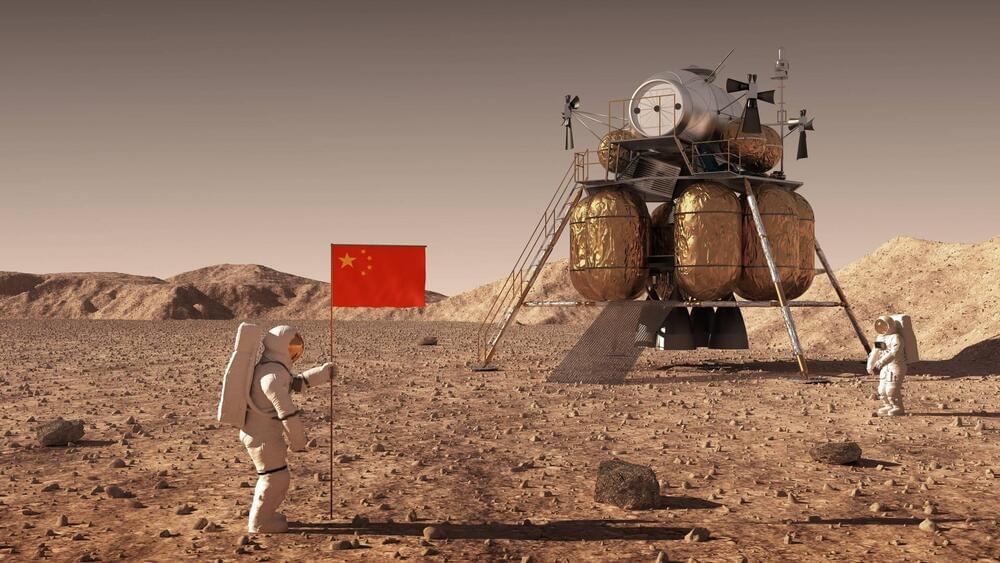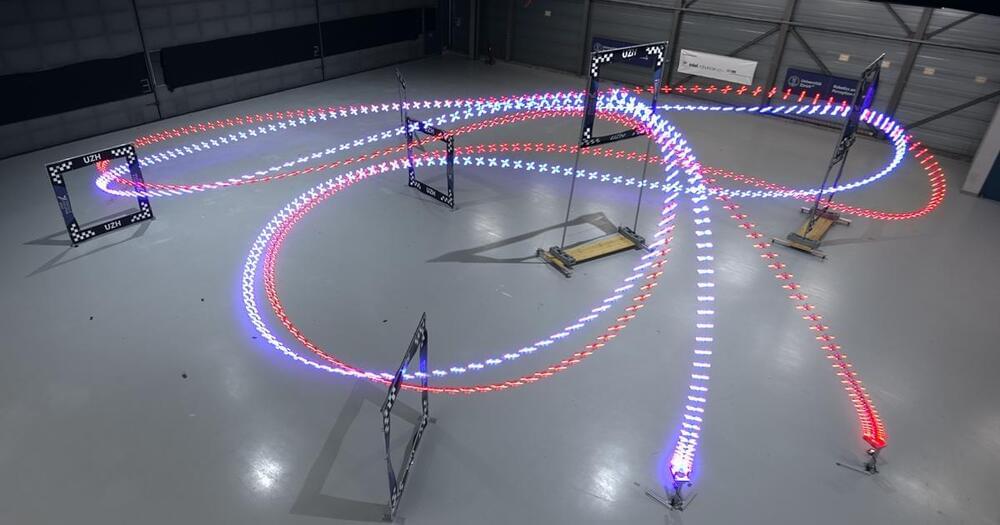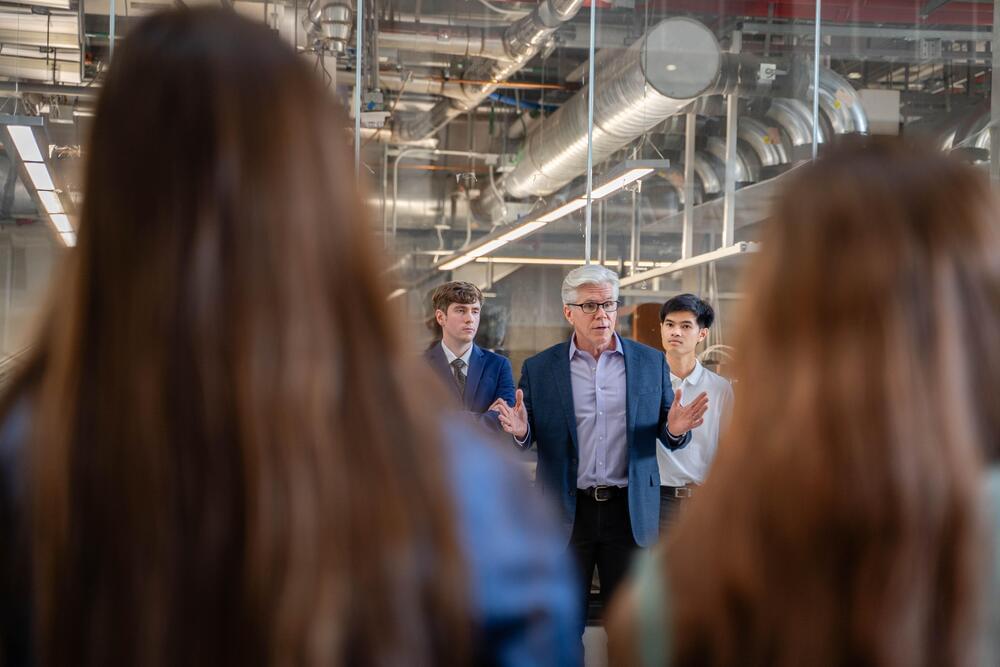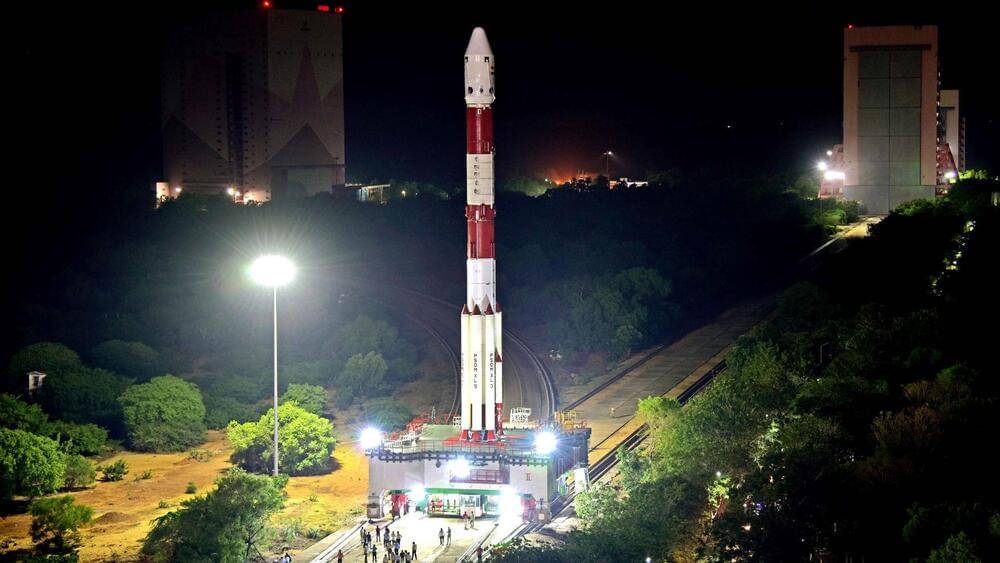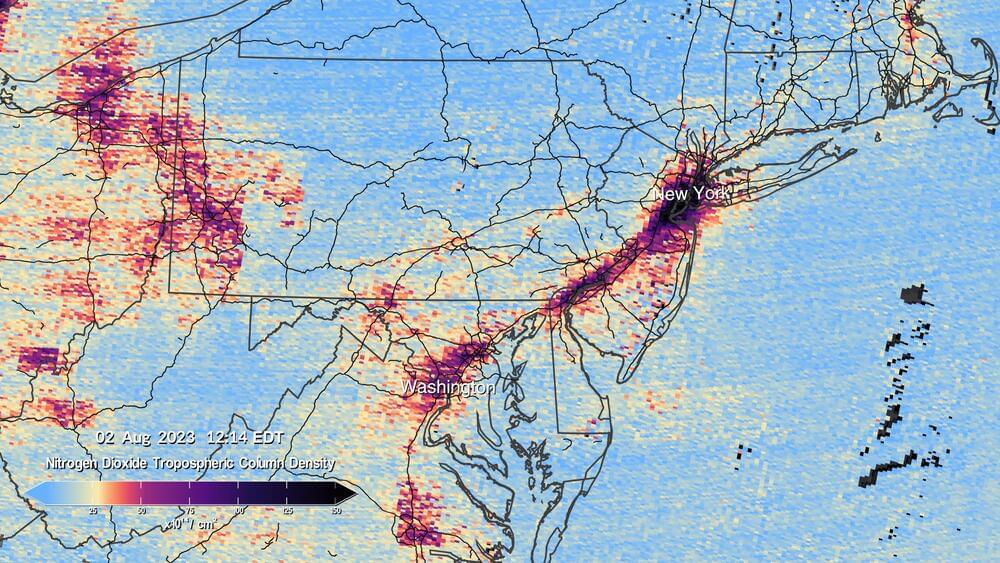At a time in history when too many things seem to be heading in the wrong direction, I believe there is still hope. Lots of it, actually.
Last week I was reminded that the best is still ahead of us, and the people who will lead this increasingly challenging space world are not just those from the Ivy League or historically elite coasts. While they may have extraordinary resources, they haven’t cornered all the best students and ideas to solve our most vexing space problems. Across the country, thousands of students are thinking about how to tackle tomorrow’s challenges – uninhibited by the confines of the traditional military-industrial acquisition process of the last generation and armed with the “why not” attitude propagated by new pioneers in commercial space.
To hone in on the pockets of creative genius found across the United States, this past year the SmallSat Alliance hosted its first annual Collegiate Space Competition. The design challenge, sponsored and staffed by the space companies that comprise the Alliance, is open to every college and university student in the U.S. – technical or non-technical, from junior colleges to traditional universities. The students are presented with real world space problems that could be partially solved with low cost, off the shelf space systems and components, specifically the new generation of commercially available small satellite technologies.
